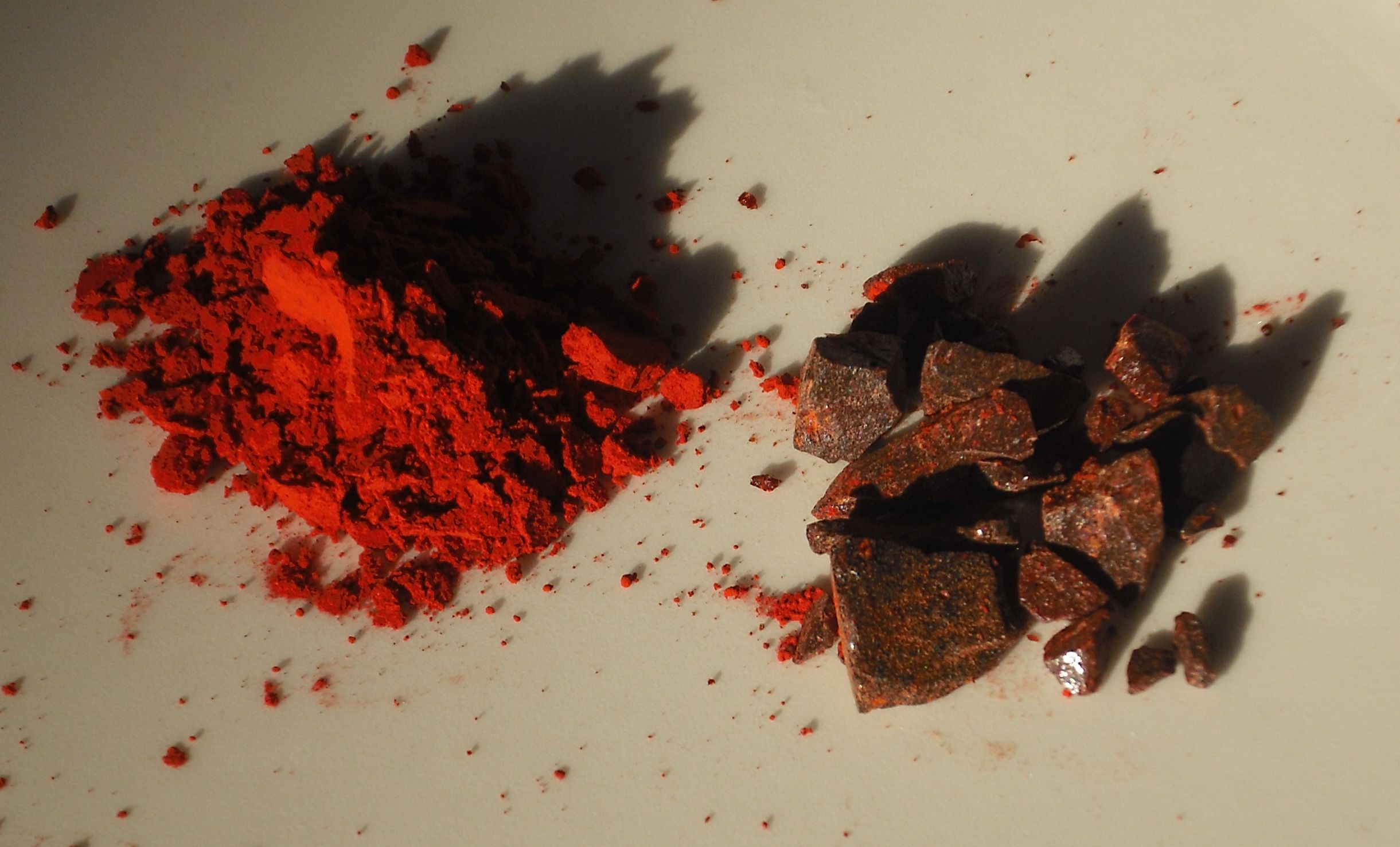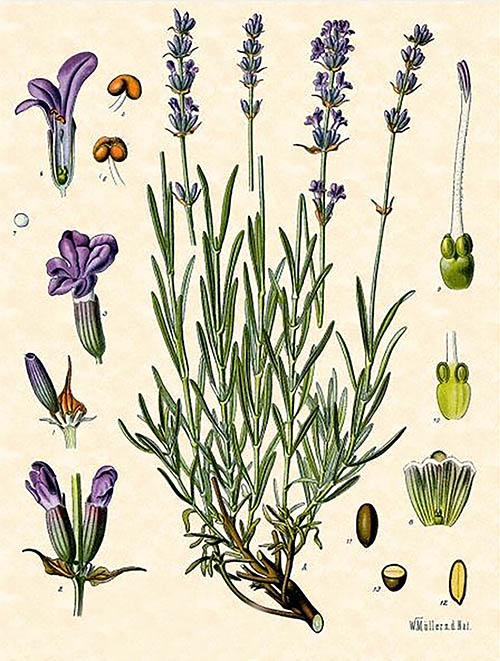- Home
- Magick vs Magic
Magick vs Magic

As you may have noticed, there are two main spellings commonly used to describe what many pagans practice and the energies used to perform spells: "magick" and "magic." While those spellings are used interchangeably, these two terms actually hold distinct meanings and origins. Let’s unravel Magick vs Magic and explore the influential role of a renowned occultist named Aleister Crowley.
TL;DR: The 'k' is added to differentiate between stage magic/illusion and the energetic ritualized magick practiced by many pagan and spiritualist traditions.
The Historical Origins of Magick vs Magic:
The word "magic" traces its roots back to the ancient Greeks. It finds its etymological origins in the Greek word "mageia," referring to the occult arts, sorcery, and supernatural practices. This term was later adopted by the Latin language, transforming into "magia," and eventually entering the English language as "magic" during the Middle Ages.
On the other hand, "magick" emerged as an alternative spelling, popularized by the influential occultist Aleister Crowley (b. 1875, d. 1947). Crowley believed that the addition of the letter "k" distinguished the traditional stage magic which focuses on illusion and entertainment, from the ceremonial and ritualistic practices associated with occultism, esotericism, and spiritual exploration.
The Influence of Aleister Crowley
Aleister Crowley, who is also sometimes known as the Great Beast 666, was a prominent British occultist and ceremonial magician of the late 19th and early 20th centuries. His contributions to the world of magick have had a lasting impact, including the popularization of the "magick" spelling.
Crowley believed that "magick" should be reserved for spiritual and metaphysical practices that aimed to harness natural energies and align oneself with the divine. He sought to elevate the perception of magick beyond mere entertainment and showmanship. Crowley's writings, such as "Magick in Theory and Practice," played a significant role in shaping the occult community and influencing the use of the "magick" spelling.
The "k" added to "magick" serves multiple purposes. First, it evokes the mystical, arcane, and ancient origins of the craft. The letter "k" is associated with the Hebrew letter "kaph," symbolizing the hand and the act of reaching out to manipulate and shape reality. Crowley also believed that adding the letter "k" invoked the power of the Egyptian god "Khonsu," who was associated with magic and ritual.
Crowley's teachings emphasized the importance of personal transformation and spiritual evolution through magickal practices. He believed that practitioners should engage in rituals, meditation, and the study of esoteric knowledge to achieve self-realization and tap into the hidden powers of the universe.
Intentional Distinctions:
The discrepancy in spelling between "magic" and "magick" serves as a symbolic differentiation, representing contrasting aspects and intentions within the magical arts. While "magic" generally refers to the performance of tricks, sleight of hand, and illusionary entertainment, "magick" is often used to denote a deeper, more profound and ritualistic form of mystical practice.
Usage and Interpretation:
Contemporary usage of "magic" and "magick" varies across different communities and traditions. The more conventional spelling, "magic," is predominant in mainstream contexts and is commonly used in popular culture, fantasy literature, and entertainment.
"Magick," on the other hand, is often employed within esoteric and occult circles, Wicca, and various mystical traditions. Its usage conveys a sense of reverence for ancient wisdom, a focus on ceremonial rituals, and an exploration of the interconnectedness between the physical and spiritual realms. For some practitioners, "magick" represents a deliberate departure from stage illusions and a pursuit of a more profound spiritual experience.
Conclusion:
The difference in spelling between "magic" and "magick" may appear minor, but it carries significant connotations within the diverse tapestry of magical practices. While "magic" encompasses a broader range of meanings, often associated with tricks and entertainment, "magick" represents a deeper connection to ancient rituals, esoteric knowledge, and spiritual exploration.
Ultimately, whether one prefers the traditional spelling or adopts the mystical "k" in "magick" depends on personal beliefs, affiliations, and individual interpretations of the occult arts. Regardless of the chosen spelling, the allure of magic—however one may choose to spell it—continues to captivate our imagination and beckon us into the realms of wonder and mystery.
This website and its entire contents are not meant to be used as a substitute for professional medical, financial, or legal advice. If you have a medical, financial, or legal problem, please seek out the appropriate professional to help you.
Obligatory Statement: 'For entertainment purposes only.'
Links to products on Amazon and other sites may allow me to earn a small commission on purchases that you make after clicking on them. This in no way changes the price of the products that you buy, but it is a great way to throw a bit of change into my tip jar. Much gratitude to you, and Blessed Be!
Some research for this site was conducted with the assistance of ChatGPT. All information was checked for accuracy by the owner of SigilArtandMagick.com.
Like what you see?
Shameless Plug Alert!
Practical Sigil Magic for Beginners, (written by yours truly), is now available in Softcover and Kindle formats! Click here to check it out on Amazon: https://amzn.to/3O7ANmP



